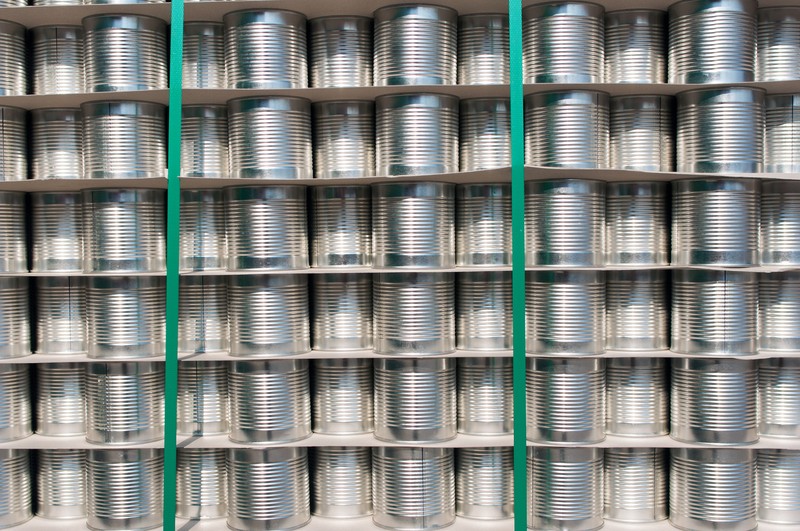Most crisis preparation conversations cover what you should stockpile to prepare for a survival situation or SHTF moment.
As in sports or politics, regarding survival stockpiling, almost everyone has an opinion as to what is the most important and while most agree on some basics, each view comes with particular preferences.
Very few discussions, however, cover what you should not stockpile, and sometimes those particular preferences lead to “overkill” of individual items, leading to wasted space and money.
I'm not saying you shouldn't have any of these items, but you should realistically store what you would reasonably use before it goes bad or becomes obsolete.
Becuase we do not talk about what NOT to stockpile leads to well-meaning survivalists stockpiling stuff they will not use before they have to replace it.
To see a video on what you may want to think twice about stockpiling in bulk, check out the video on the next page.

Sure, store flour but have the tools and knowledge to make your own flour. If things did not go back to normal you would be bread less. 🙂
Haskell Wade Langford
Being without bread isn’t really a bad thing.
Why would you ever store flour over raw grains? You can purchase a hand mill for a few hundred dollars. More work? What are you going to be doing in a SHTF situation? Playing video games instead? Shelf life of grains are 25+ years and flour is 1-2 years depending on how it is stored. Bread, biscuits, or even rolled oats can be a great food staple and beans and rice is boring after a while. You can even grind rice to make bread. Lastly, if you don’t end up needing it, it makes great chicken feed.
Better to learn, and practice, 17th century technology, than to stockpile modern technology. Only keep enough modern to last until you get into a new routine.
… but you could do so much with flour…
Weighs too much to carry in a bug out situation.
Obviously rotation is the key, It is way easier to make bread from flour then having to start with whole grains. If flour has a 1 to 2 year shelf life buy a small amount once a month for a year utilizing the oldest bag for current needs then you will have essentially a permanent one year supply. Same goes for MANY products with restrictive shelf lives. Storing whole grains and dry products only really comes into play for the really long term emergency. I personally feel it is important to prep from most likely to least likely events.
I can jump on board for most of that… except the medical section. Yes, you may not need blood transfusions and defibrillators– but medication doesn’t become toxic as it ages. Yes, over time, it will lose some effectiveness, but doesn’t become harmful. If$#%&!@*truly hits the fan, some amoxicillin that expired a year ago will be a godsend. (Not to mention bartering potential)
Craig Curlette
The problem of stock piling food is the nutrients are waning from the time it’s harvested. You have more than you can eat, and it’s losing equity of its wholesome value. At some point you have to through it out, or supplement it, by foraging for what’s fresh and in season.
*throw.
You should stockpile nothing. The government will take care of you. After there from the government and there here to help. Ha ha.
50 pound bag of dry dog food, toilet paper and a few gallons of water. Don’t scrimp on the ammo, you’ll be on the move in a few days taking food from those who don’t believe in owning guns.